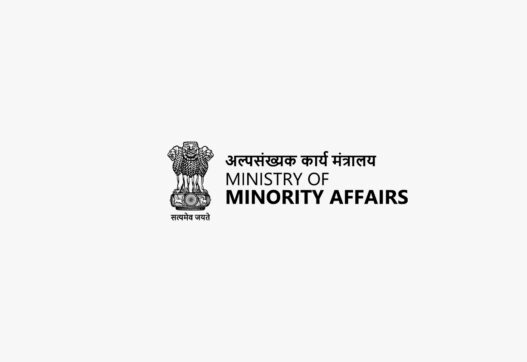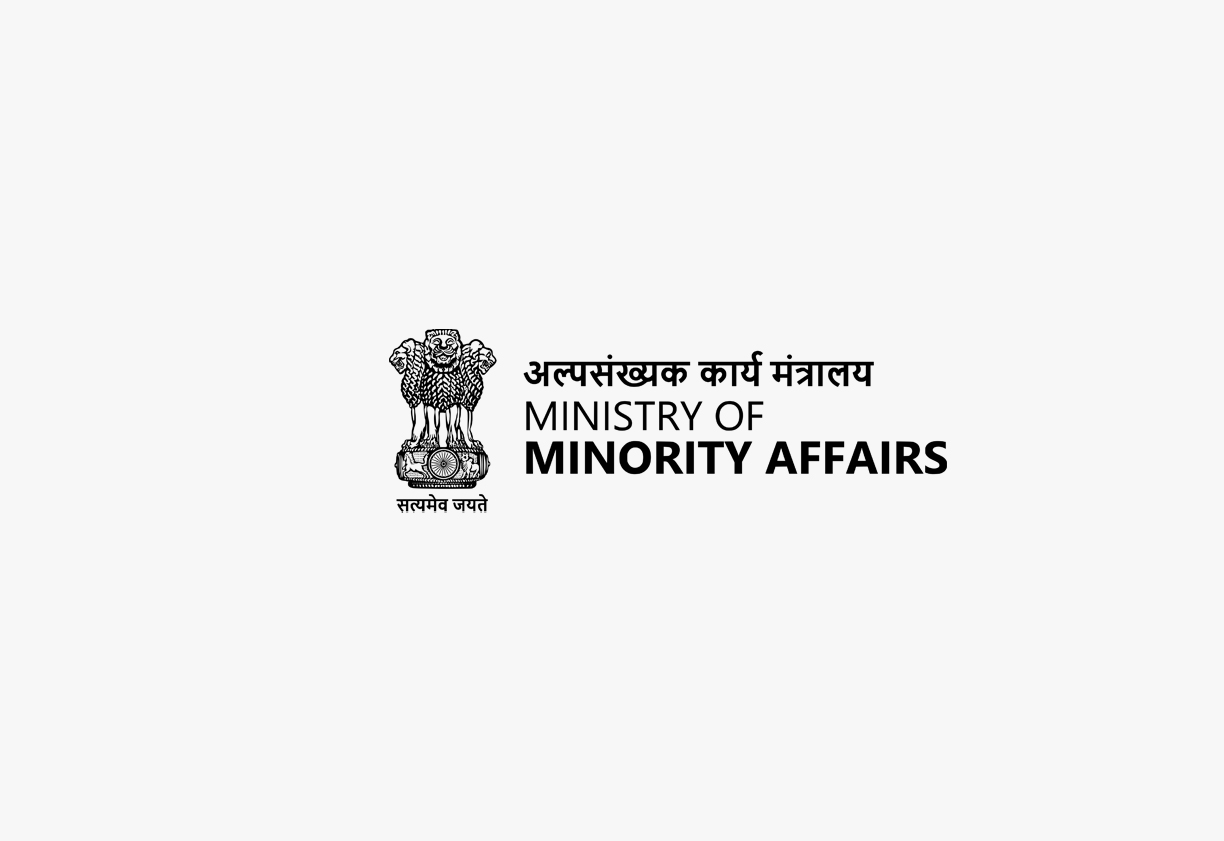Ministry of Minority Affairs
The Durgah Khawaja Saheb Act, 1955, was enacted to ensure the proper administration of the Durgah (shrine) and its associated endowment of Khawaja Moin-ud-din Chishti, commonly known as Durgah Khawaja Saheb, in Ajmer. This act aims to provide a structured framework for the management of the Durgah, its properties, and its financial affairs. The Act does not specify a particular ministry; however, matters related to Durgahs and religious endowments generally fall under the purview of the Ministry of Minority Affairs in India.
Enactment Date, Number of Chapters, Number of Sections:
The Durgah Khawaja Saheb Act, 1955, was enacted on October 14, 1955. The Act is structured into 22 sections. These sections cover various aspects of the Durgah’s administration, including the establishment of a committee, its powers and duties, the appointment of a Nazim, and other related matters.
Act Governed By:
The Act is primarily governed by the provisions outlined within its sections. It establishes a Committee responsible for the administration, control, and management of the Durgah Endowment. The Act also outlines the powers and duties of the Committee, the appointment of a Nazim (administrator), and the role of an Advisory Committee. The Act also provides for the resolution of disputes through a Board of Arbitration.
On Whom It Is Applicable:
The Durgah Khawaja Saheb Act, 1955, is applicable to the Durgah Khawaja Saheb in Ajmer and its associated endowment. It applies to the Committee responsible for the Durgah’s administration, the Nazim, the Sajjadanashin (spiritual head), and all individuals involved in the management and functioning of the Durgah.
Penalties/Punishments:
The Act specifies penalties for certain violations. Specifically, anyone who solicits or receives offerings on behalf of the Durgah without authorization from the Nazim is liable for a fine which may extend to one thousand rupees.
Important Pointers:
-
The Act establishes a Committee to manage the Durgah Endowment.
-
The Committee consists of Hanafi Muslims appointed by the Central Government.
-
A Nazim is appointed to oversee the day-to-day administration of the Durgah.
-
An Advisory Committee advises the Nazim in his functions.
-
The Committee is responsible for maintaining the Durgah and its properties, managing finances, and ensuring the well-being of the Durgah’s community.
-
Disputes are resolved through a Board of Arbitration.
-
The Act ensures that the Durgah’s activities align with the tenets of the Chishti Saint and Muslim Law.
-
The Act also provides for the audit of accounts and the publication of an annual report.
-
The Act emphasizes the importance of maintaining peace and order within the Durgah premises.
-
The Act empowers the committee to make bye-laws for the smooth functioning of Durgah.
Act Copy:




